Waterton-Glacier Science and History Week
Waterton Lakes National Park
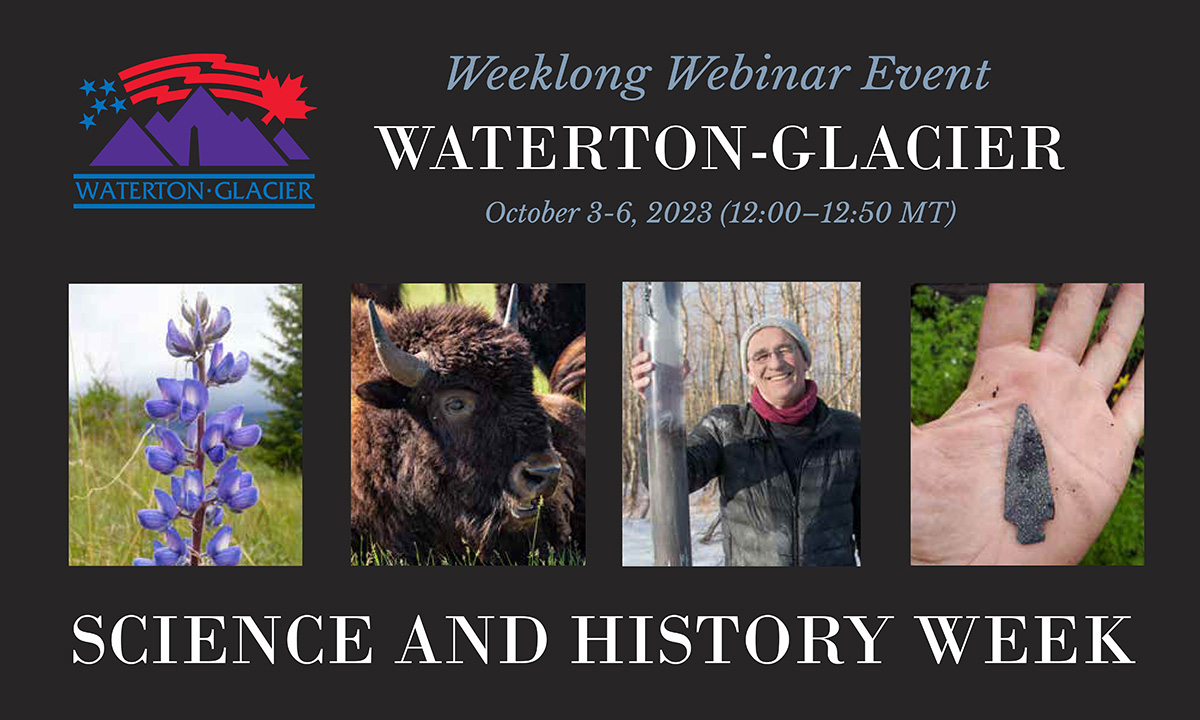
Join Waterton-Glacier International Peace Park for its annual Science and History Week webinar series October 3 - 6 at noon MDT. The Peace Park has jointly hosted an annual Science and History Day since 2004. This October, we are again hosting a free series of live webinars allowing you to participate wherever you may be!
The series will highlight current natural and cultural research topics related to Waterton-Glacier International Peace Park and World Heritage Site. Each presentation will give viewers the opportunity to connect with park scientists and get a unique look at our partnerships, insights, and latest findings.
Each presentation has its own registration link. Once registered, you will receive an email with the details on how to join the webinar.
Science and History Week Presentation Schedule
Tuesday, October 3, 2023 - noon to 12:50 p.m.
Grassland Ecology in Glacier National Park
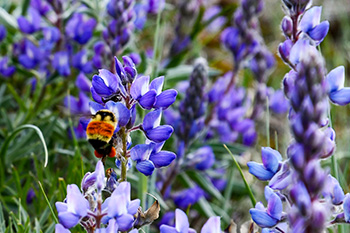
Presenter: Nico Matallana-Mejia, Vegetation Monitoring Program, Glacier National Park; Graduate Degree Program in Ecology, Colorado State University
Millions of visitors come to Glacier Park to photograph its mountains and glaciers, but often in the foreground of their photos are large meadows of native wildflowers.
These grasslands contain one third of the park's floral diversity and provide critical habitat for the park's iconic wildlife, however important disturbances like fire and large mammal grazing have been removed or altered, and new disturbances such as human development have been introduced. We report how this has affected the park's grasslands over the past 20+ years, and explore what it might mean that bison, the largest native grazer in North America, have finally returned.
Wednesday, October 4, 2023 - noon to 12:50 p.m.
Iinnii Initiative: Cultural Adaptations to the Blackfeet Buffalo Program
Presenter: Termaine Edmo, Climate Change Coordinator, Blackfeet Nation
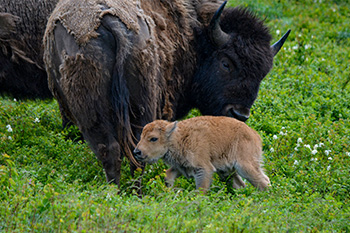
In 2009, the Iinnii Initiative was launched by leaders of the four tribes that make up the Blackfoot Confederacy (Blackfeet Nation, Kainai Nation, Piikani Nation, and Siksika Nation) to conserve traditional lands, protect Blackfeet culture, and create a home for the buffalo to return to. Join Termaine for an update on this program, focusing on cultural and climate adaptive projects such as harvesting traditional soil amendments, sustainable land usage, and the introduction of fire back into the landscape to regenerate culturally.
Thursday, October 5, 2023 - noon to 12:50 p.m.
How Wildfires Can Impact Watersheds and Water Resources
Presenter: Uldis Silins, Professor of Forest Hydrology, University of Alberta
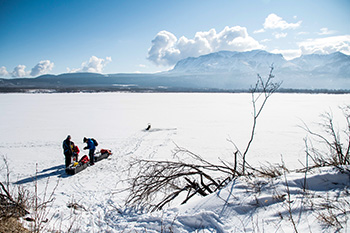
While wildfires are a natural component of healthy forest ecosystems, they have increased in frequency and severity over the previous two to three decades. This is raising concerns over how wildfires can impact watersheds. Watersheds regulate the amount and timing of flows, water quality, aquatic ecosystem health and downstream water supplies. This presentation briefly outlines the scope and longevity of some of these effects from long-term watershed research after the 2017 Kenow fire and the nearby Lost Creek fire in 2003.
Friday, October 6, 2023 – noon to 12:50 p.m.
Archaeology in Paahtómahksikimi
Presenter: Dylan Frank, Environmental and Cultural Resource Impact Assessment Officer, Parks Canada
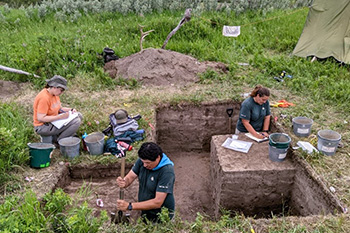
Ever wonder why people choose to live where they do? How researchers stitch together stories of our past through artifacts? Uncover these answers and more with Dylan Frank, an archaeologist from Waterton Lakes National Park (Paahtómahksikimi in the Blackfoot language). Learn about the rich cultural history between humans and nature in this very special place.
Related links
- Date modified :